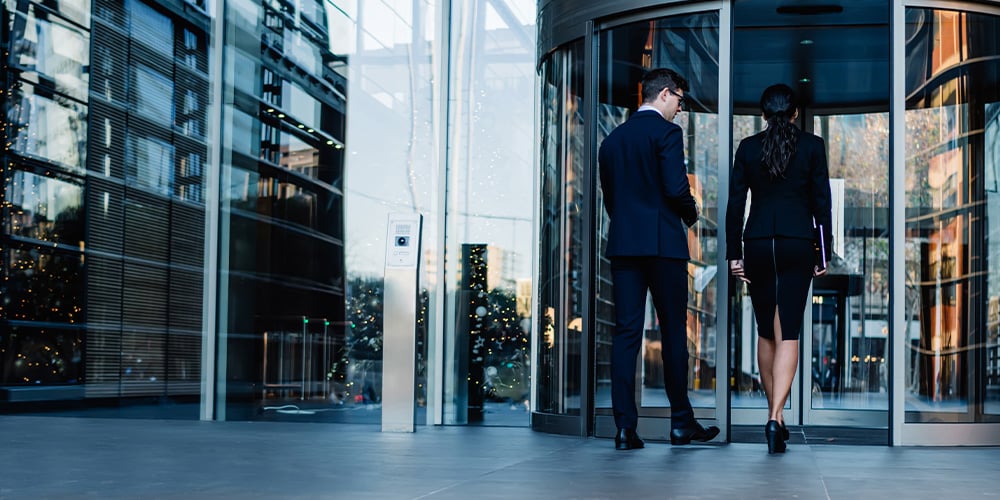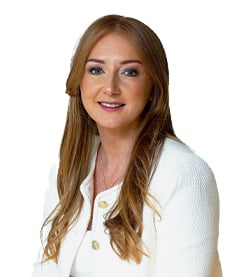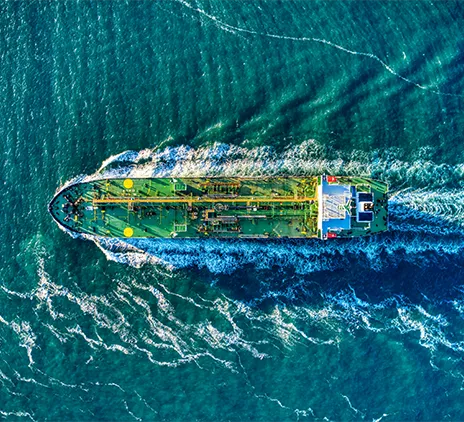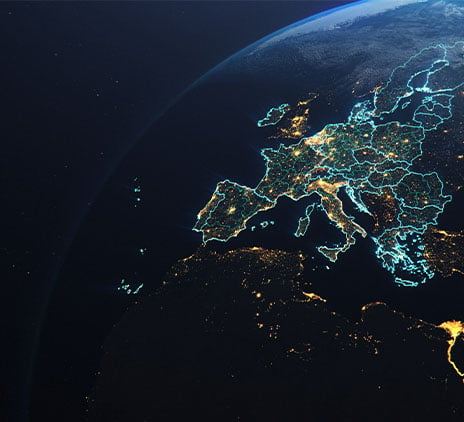
The Court of Appeal decision [2025] IECA 75 issued 31 March 2025 potentially denies the taxpayer a VAT refund of €45.9million, and creates uncertainty and complexity for taxpayers managing shareholdings and facilitating corporate transactions in Ireland.
What’s happened – in a nutshell?
The Covidien case decided at High Court level in April 2024 has been overturned at Court of Appeal. This means a VAT cost of €45.9 million for Covidien, pending the case being remitted to the Tax Appeals Commission (TAC) for consideration of other grounds for a VAT recovery claim.
The earlier High Court decision had found in favour of the taxpayer, recognising that VAT incurred on services related to the management and oversight of subsidiaries could be deductible. This aligns with EU VAT principles, acknowledging that such services are integral to the economic activities of holding companies.
Corporate groups navigating their VAT obligations in Ireland will need to consider the extent to which this decision could impact VAT recovery claimed on similar costs, and the extent to which a direct link between input costs and specific taxable outputs can be demonstrated to support future VAT recovery claims.
Facts of the case
The case concerns input VAT recovery claimed by Covidien on $76m of services received from a US group company, Tyco Healthcare group LP, which related to two projects within the corporate group, Project Jameson and the Medtronic transaction.
The Tax Appeals Commission (TAC) initially concluded that Covidien was entitled to deduct VAT on the costs incurred for services related to these projects, asserting a direct and immediate link to the company's economic activities.
Revenue however asserted that Covidien was also engaged in non-economic activities, being the holding of shares (themselves holding companies, dormant or non-active companies) and that input VAT recovery consequently should be (partially) restricted.
Revenue appealed to the High Court, but this subsequent decision also found in favour of Covidien and affirmed that holding companies can recover VAT on expenses directly linked to their economic activities, such as managing shareholdings and facilitating corporate transactions.
This decision has now been overturned by the Court of Appeal.
Court of Appeal findings
The Court of Appeal has ruled that the TAC's conclusions were legally flawed, and the case should be sent back to TAC for a more thorough examination under the correct VAT legal framework.
The court noted that the TAC failed to correctly apply the legal tests for VAT deductibility, especially in terms of the direct and immediate link between input costs (such as those incurred for the services provided by Tyco and other professionals) and output supplies made by Covidien.
The court considered TAC erred in law by focusing on whether Covidien was engaged in "economic activity" without adequately applying the "used for" test, which the CoA considers is essential for determining VAT deductibility.
This means, in the Court’s view, a consideration of whether and how the entirety of input costs were used for the provision of taxed output transactions, whether directly or as overhead costs.
Remission to the TAC
The court ruled that the case should be remitted to the TAC to reconsider the VAT recovery claim.
Specifically, it considers Covidien should if it wishes, be able to present arguments at TAC that the VAT on services supplied by Tyco and others could be deductible as overhead costs that were a component part of VATable output services provided.
For the Project Jameson and Medtronic transaction costs, the Court considers Covidien can present arguments that VAT recovery arises on costs incurred in connection with the exploitation of its shareholdings in downstream companies for the purpose of earning VATable income therefrom.
Next steps
Taxpayers will need to wait to hear the decision of TAC, should the taxpayer decide to pursue this option.
In the meantime, this case underscores the necessity for careful VAT planning and documentation to support deductions.
Taxpayers claiming VAT recovery for similar group transactions should be mindful of the CoA emphasis on the “used for” test. The court stressed its view that there is a need for precise identification of input and output costs, as VAT recovery requires a clear connection between the input costs and the taxable output supplies.
Care should therefore be taken to appropriately document costs incurred and their link to taxed output transactions to support VAT recovery claims.
Sign up for expert insights, industry trends, and key updates—delivered straight to you.








